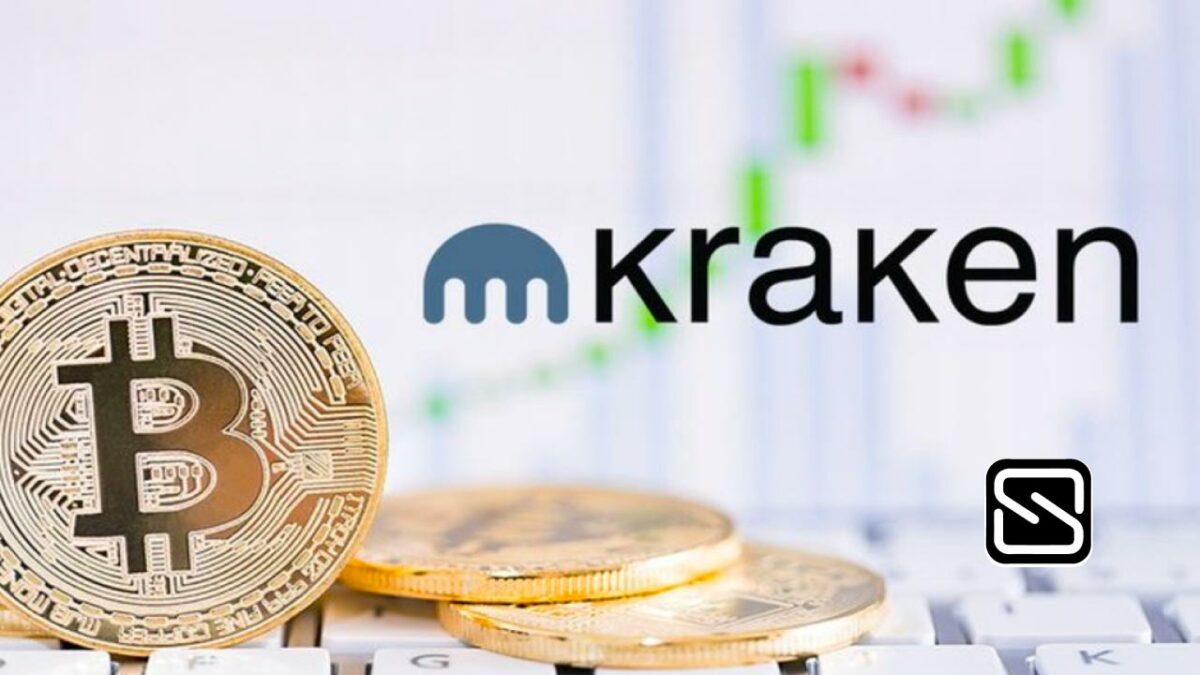US cryptocurrency exchange Kraken‘s decision to halt deposits from South Africans due to an anti-money laundering blacklist imposition by their banking partner has caused ripples in the crypto arbitrage landscape. The premium for crypto arbitrage, which typically hovered between 0.7% and 1.5%, surged to 3.5% on the subsequent Monday following the announcement. This development directly stems from South Africa’s ‘greylisting’ status, attributed to the country’s non-compliance with international anti-money laundering and anti-terrorism financing standards, as designated by the Financial Action Task Force (FATF) back in February.
Crypto arbitrage is the practice of purchasing cryptocurrencies, like bitcoin or US dollar-pegged stablecoins such as USDC, on international exchanges and selling them within South Africa to capitalize on the price differential. The unique exchange controls in South Africa contribute to higher local prices for these assets.
The spike in the arbitrage premium is linked to drops in trading volumes, as was the case on this particular Monday. Similar fluctuations occurred previously when Circle, the issuer of USDC, ceased accepting South African payments in anticipation of more stringent regulations. Local crypto arbitrage providers managed to navigate the situation by finding alternate strategies that enabled them to sustain trading activities.
For South African crypto arbitrage participants, Kraken’s restriction prompted various responses. Future Forex, a crypto arbitrage and forex specialist, informed its clients about the situation, stating that they had been testing an alternative provider to ensure continued trading. Other providers like FiveWest adapted unaffected, as they don’t rely on Kraken. Omer Iqbal from FiveWest highlighted that volume limitations often lead to higher premiums, benefiting those not exclusively dependent on Kraken.
Andrew Ludwig, co-founder of Currency Hub, revealed that Kraken’s decision caught many off guard, especially those who turned to Kraken after Circle’s actions. Ludwig suspected that Kraken’s move could be linked to global financial institutions’ increased scrutiny due to the greylisting.
Despite debates in the arbitrage community about the market’s potential disappearance, the events of recent months underscore its resilience. Kyle Dowie, co-founder of Dooya, a crypto arbitrage provider, noted that many arbitrage practitioners were unable to trade due to Kraken’s action. Dowie expected Kraken to secure a new banking partner in the coming weeks or months. In preparation for such events, Dooya had already diversified away from Kraken a few months prior.
Kraken’s decision to halt deposits from South Africans in response to regulatory constraints has disrupted the crypto arbitrage market, causing a spike in the premium and prompting various responses from participants in the space. The incident highlights the market’s capacity to adapt to unforeseen challenges and underscores the need for diversified strategies within the crypto arbitrage landscape.
